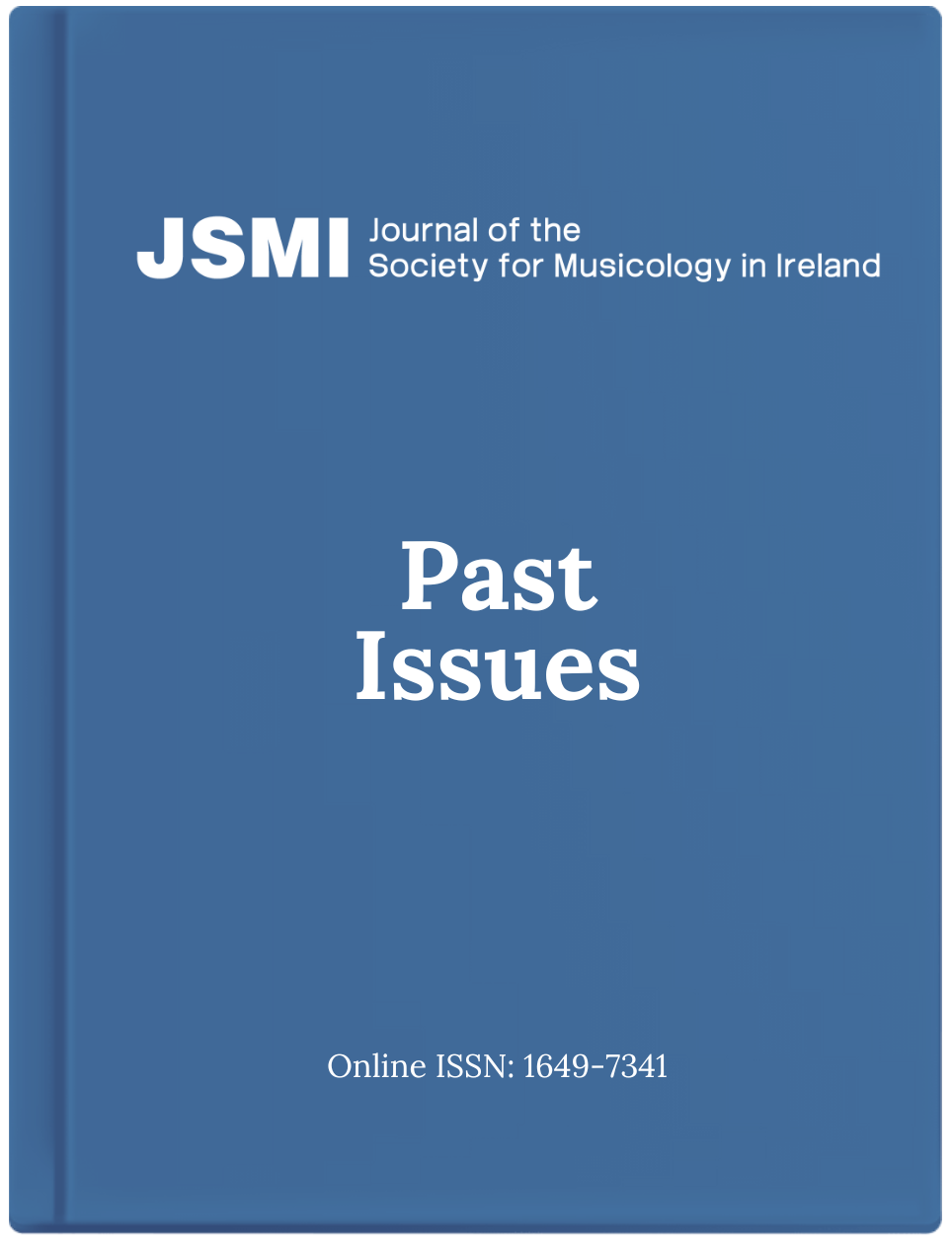Analysis, Philosophy and the Challenge of Critical Theory: Michael Spitzer’s Music as Philosophy: Adorno and Beethoven’s Late Style
DOI:
https://doi.org/10.35561/JSMI03075Keywords:
beethoven, style, WaldsteinAbstract
Michael Spitzer’s Music as Philosophy: Adorno and Beethoven’s Late Style (Indiana University Press, 2006, ISBN 0-253-34724-6) pursues multiple lines of scholarly enquiry. As a musicological study, the book advances an historicist agenda, which grounds the understanding of Beethoven’s music in an extension of its contemporaneous philosophical context. As a music-analytical study, it proposes an approach based on fluid philosophical and style-historical categories, and so opposes the quasi-scientific, theory-heavy strategies that increasingly dominate transatlantic music analysis. As a template for current scholarly practice, Music as Philosophy fights a rearguard action against the postmodern opprobrium that Adorno and his descendents have recently endured. This review article evaluates Spitzer’s study against the background of recent critical engagements with Adorno’s legacy, especially that advanced by Richard Taruskin, estimating the analytical efficacy of Spitzer’s Adornian apparatus, and appraising the defence of critical theory it mounts, in view of the postmodern hostility such modes of thought have of late provoked.Downloads
Published
Issue
Section
License
Copyright for articles and reviews published in this journal is retained by the authors, with first publication rights granted to the journal. By virtue of their appearance in this open access journal, articles are free to be used, with proper attribution, in educational and other non-commercial settings.
It is the responsibility of the author to secure (and, if necessary, pay for) written copyright permissions for the reproduction, in this online journal, of any illustrations, images, music notation, audio and video files, or any other copyright materials, that are included in the author's article.



